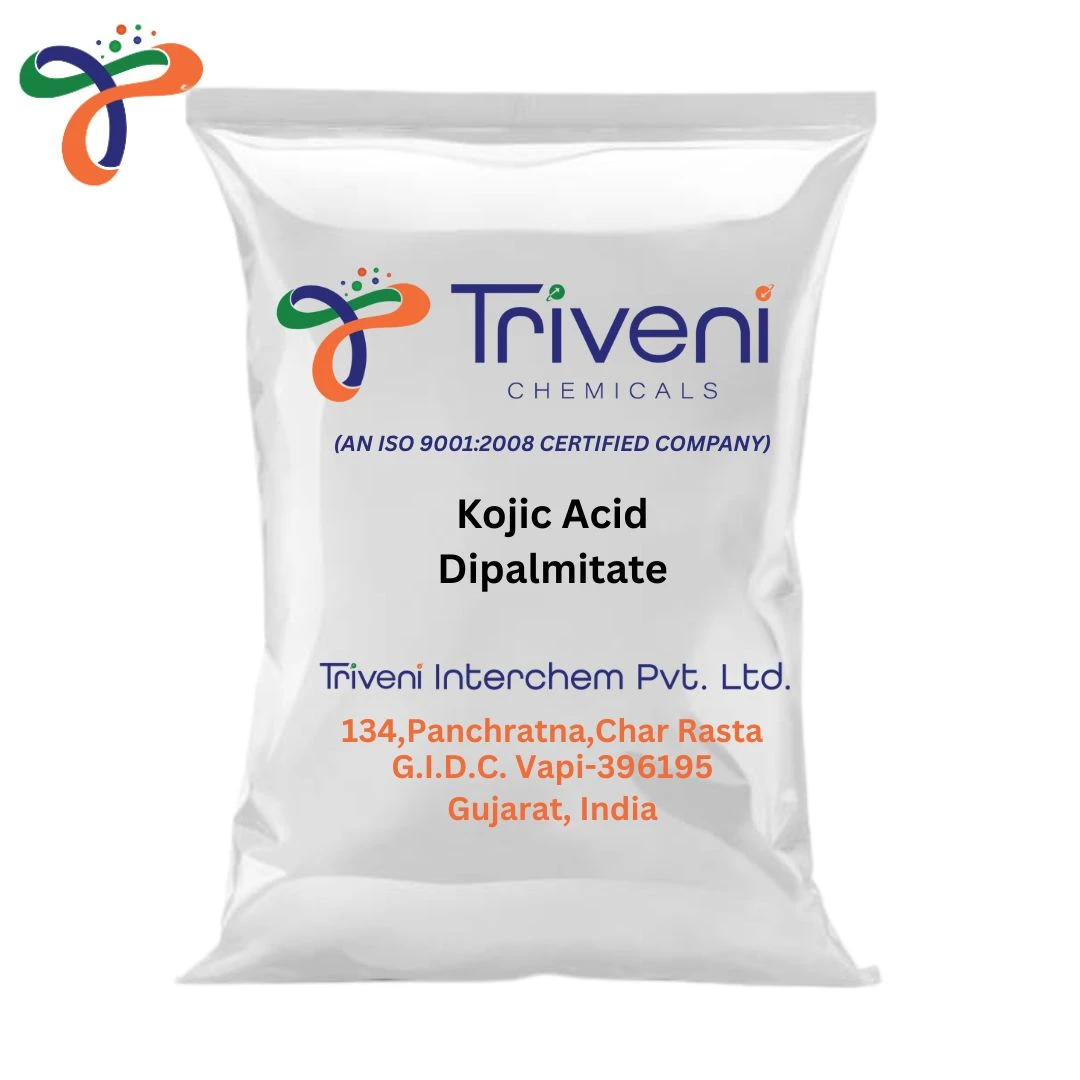Antibacterial agents are compounds that kill or prevent the growth of bacteria. They are used in a variety of applications, including personal cleanliness, medical treatments, and food preservation. The major goal of these agents is to limit the spread of hazardous germs, lowering the risk of infection and sickness. Antibiotics..
Antibacterial agents are compounds that kill or prevent the growth of bacteria. They are used in a variety of applications, including personal cleanliness, medical treatments, and food preservation. The major goal of these agents is to limit the spread of hazardous germs, lowering the risk of infection and sickness. Antibiotics are one of the most commonly used antibacterial agents. These drugs are prescribed to treat bacterial infections in both people and animals. They work by targeting specific components of bacteria, affecting their critical processes, and eventually causing their death or inhibition. However, overuse or misuse of antibiotics has resulted in the emergence of antibiotic-resistant bacteria, which is a major worldwide health concern. In addition to antibiotics, a variety of additional antibacterial chemicals are employed in daily items. Hand sanitizers, for example, frequently use alcohol-based solutions to effectively destroy bacteria on the skin. These sanitizers are especially useful when access to soap and water is restricted. Many household cleaning products contain antibacterial chemicals to keep surfaces clean and bacteria-free. Common ingredients in these preparations include hydrogen peroxide, chlorine bleach, and quaternary ammonium compounds. They contribute to the disinfection of surfaces in kitchens, toilets, and other areas where bacteria can develop. In recent years, there has been an increased interest in natural antibacterial options. Essential oils with antibacterial characteristics, such as tea tree oil, eucalyptus oil, and thyme oil, are utilized in soaps, lotions, and household cleansers. Silver nanoparticles have also received attention for their antibacterial properties, with applications including medical equipment, textiles, and even food packaging. Despite their benefits, several antibacterial treatments have been linked to negative side effects and environmental damage. For example, some antibacterial agents can lead to the development of resistant bacteria strains or have negative impacts on aquatic life when they enter water systems. The creation of novel antibacterial agents remains an important topic of research. Scientists are investigating novel methods, such as nanotechnology, natural chemicals, and alternative medicines, to combat bacterial infections while reducing the hazards associated with conventional antibacterial agents. Finding a balance between efficiently managing bacterial risks and reducing potential harm remains a critical goal in antibacterial research and use.
- Antibacterial – Preventing bacterial infections with advanced formulations, including Antibacterial Soap.



